The alms bowl is one of the simplest but most important objects in the daily life of Buddhist monks.
It is above all a practical object, used as a bowl in which to collect alms (either money or food) from lay supporters.
But the begging bowl also has a symbolic meaning associated with the historical Buddha. According to legend, when he began meditating under the Bodhi tree, a young woman offered him a golden bowl filled with rice, thinking he was the deity of the tree. He divided the rice into 49 portions, one for each day until it was enlightened, and threw the precious bowl into the river.
The bowls are all laboriously made by hand. They are constructed from eight pieces of steel - which is particularly promising as it evokes the eight spokes of the Buddhist wheel of Dharma and the enlightenment of the Buddha. The seams of the bowls are then fused with copper to give them their distinctive pattern. Some of the finished bowls are polished to a clear, natural metallic finish, but others are coated with layers of black lacquer.
The daily round of the monks
Monks get up before dawn and silently walk barefoot around the city to collect alms, waiting for early morning in Buddhist monasteries or Buddhist temples. (In Thai “Wat” means “Temple”)
Donations from lay Buddhists constitute the main source of daily food for the thousands of monks who live in Thailand, Tibet, India...etc
This daily round of almsgiving is a central practice for monks and novices in Theravada Buddhism throughout much of Southeast Asia.
It arises from the disciplinary rules applicable to Buddhist monks, practitioners who order them not to engage in agricultural work, to keep only a few possessions and to only eat what is offered in their bowls each morning during the alms rounds and the harvest of offerings strong>.
There are exceptions to this rule, notably for monks who are too old or too ill to make the daily rounds. However, a large part of Thailand's approximately 300,000 monks thrive on their morning rounds.

The beliefs at the origin of this practice
On a religious level, monks offer lay people the opportunity to make merits. Buddhist teachings generally emphasize that an individual's social situation is the result of karma, that is, the effect of actions performed earlier in this life or in a previous incarnation.
I saw that even on days when political protests closed major intersections, making the notoriously bad traffic even worse, monks would get up before dawn and walk silently barefoot through the city to collect alms.
Donations from lay Buddhists constitute the main source of daily nourishmentin Buddhist practice, for the thousands of monks who live in Bangkok (Thailand)
Many Thai and Tibetan Buddhists believe that making merit - good karma - (spirituality) giving can help mitigate the effects of wicked acts.
These are acts motivated by greed, hatred or delusion.
Economically
The daily alms round is important, as it provides a regular source of food for many monks in Thailand.
Under normal conditions, the temple economyin Thailand relies on annual festivals as well as individual donations linked to family events. About 10% of monks receive financial assistance from the government, but this is mainly used to pay utility bills.
Monks also often receive money to celebrate funerals, as well as other rites, such as the blessing of new homes or businesses.

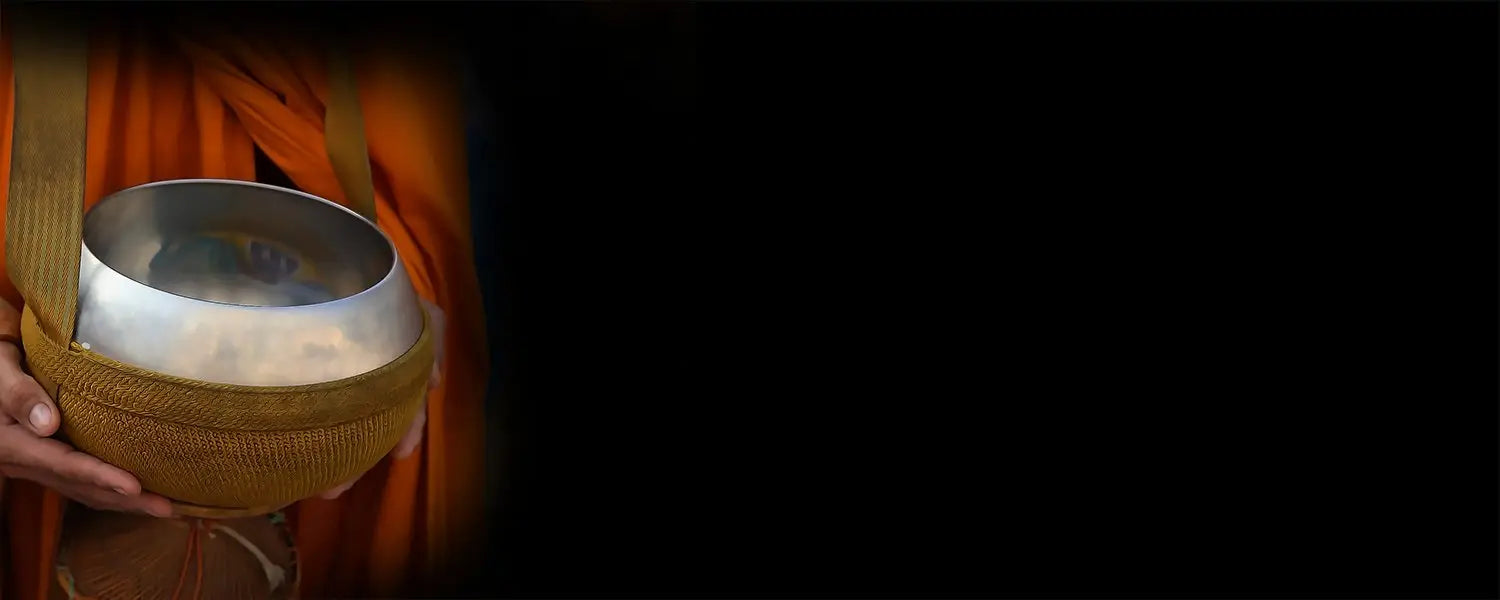


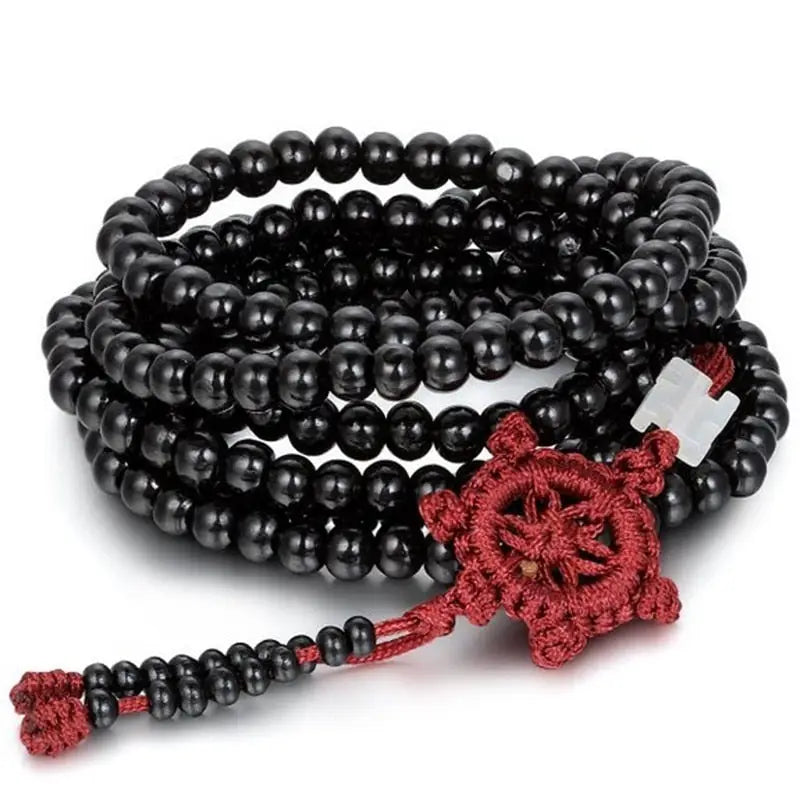
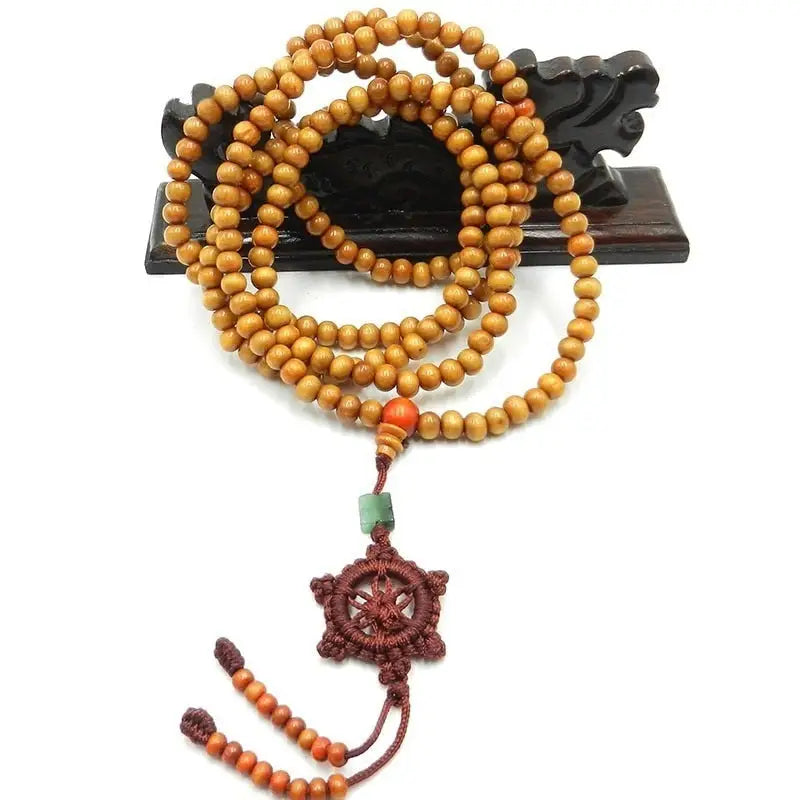
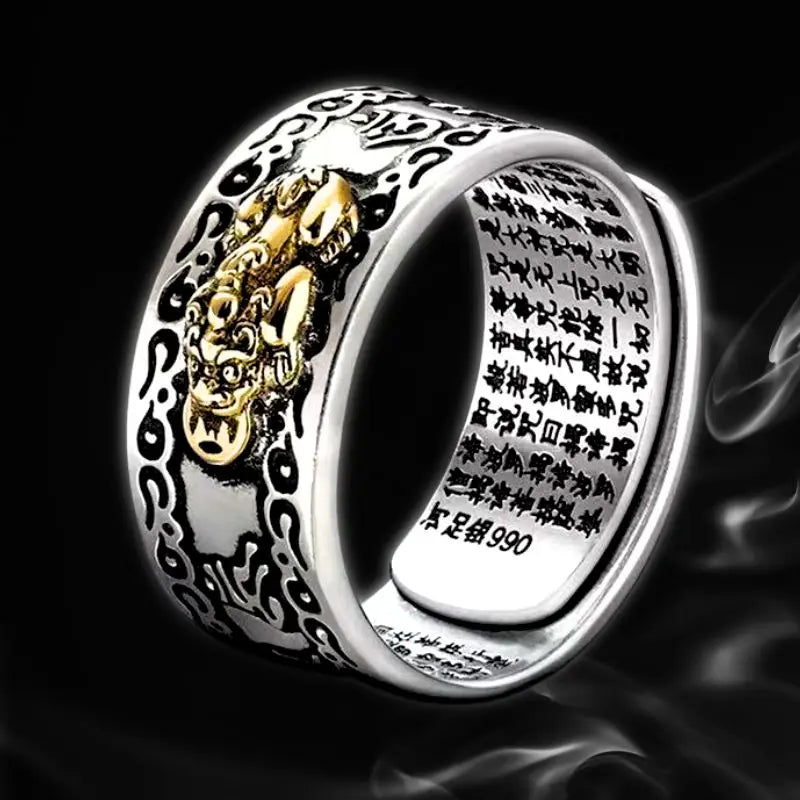
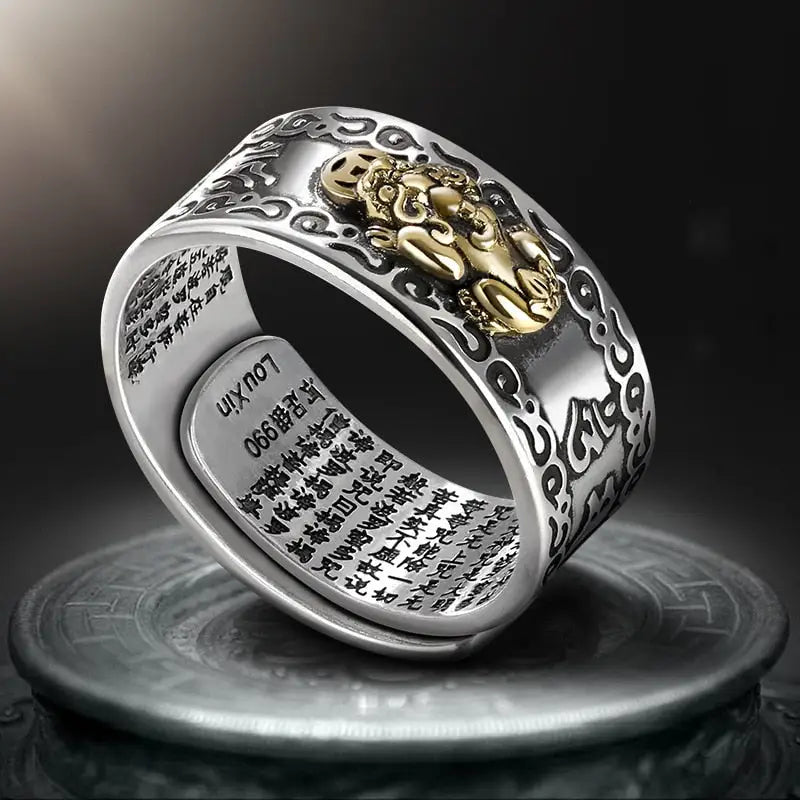
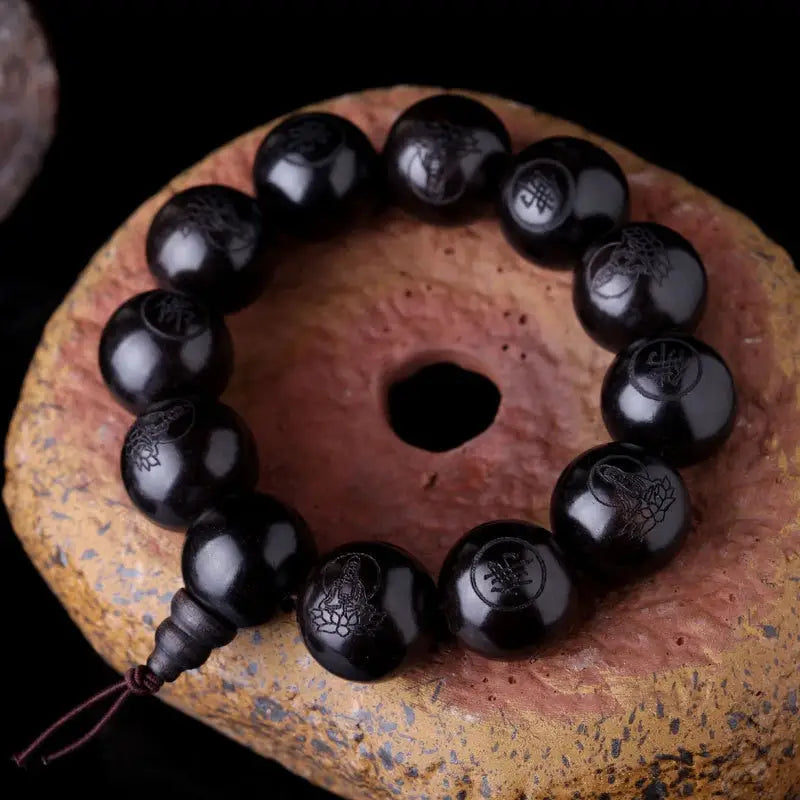





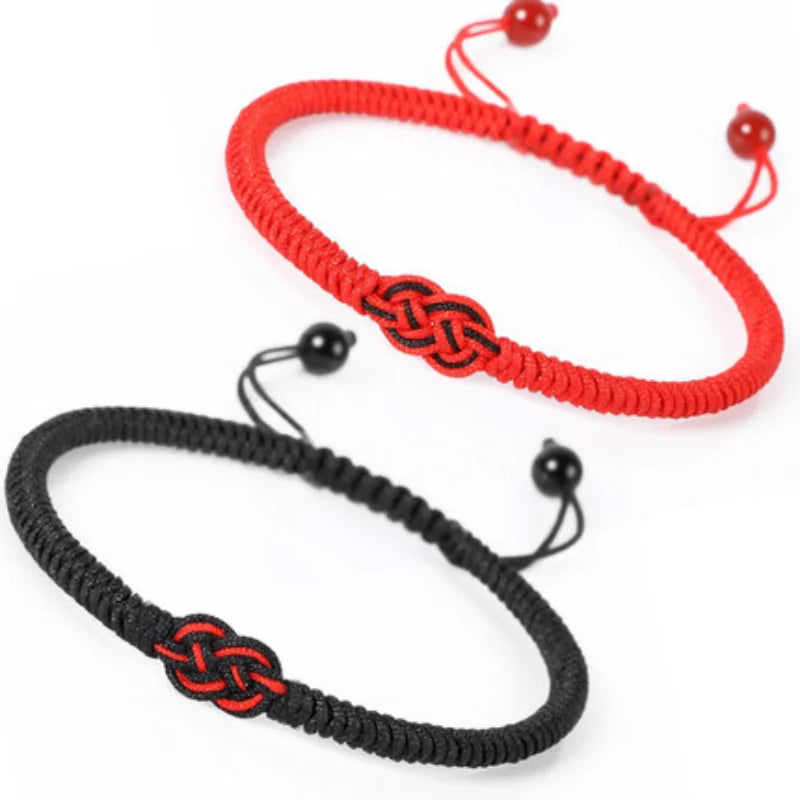
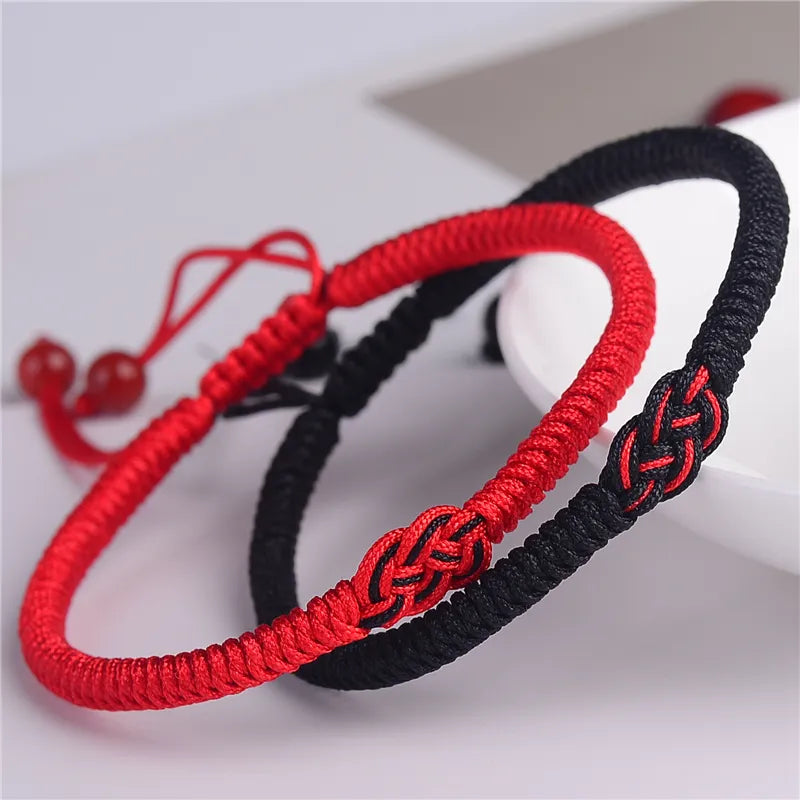
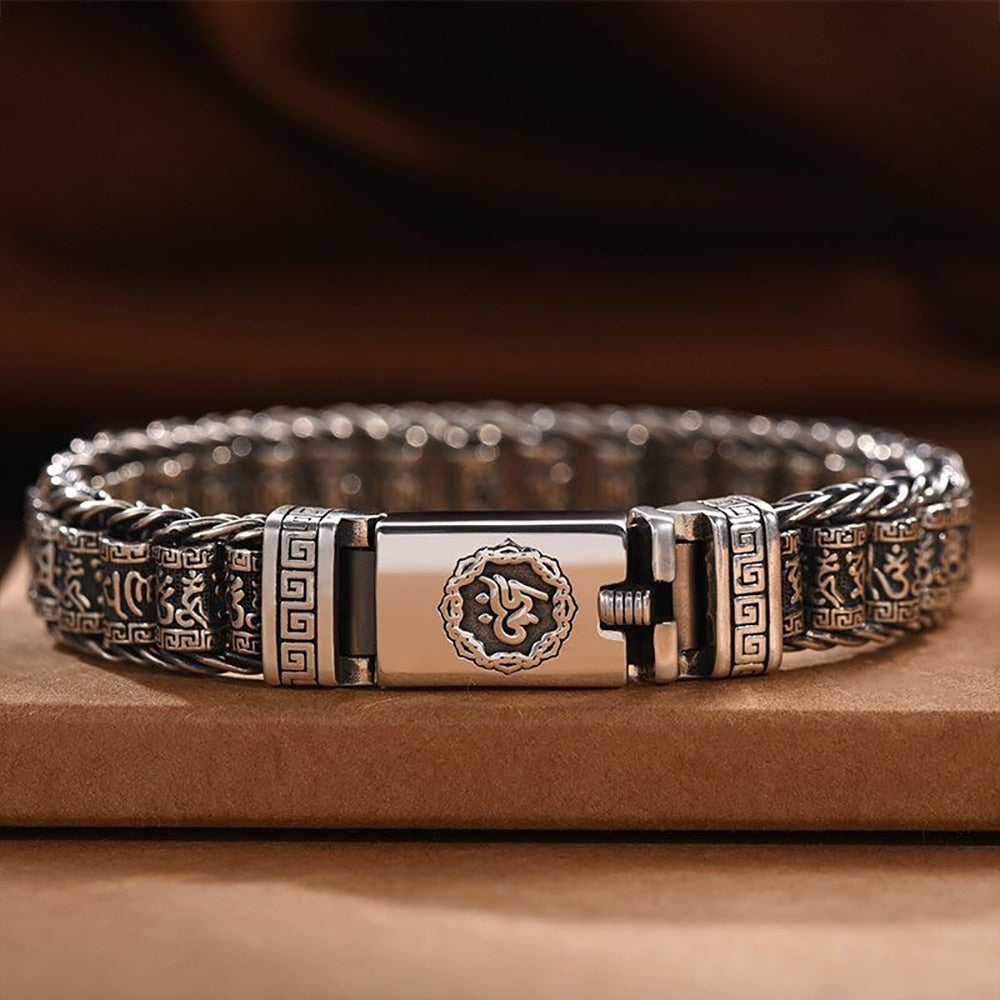
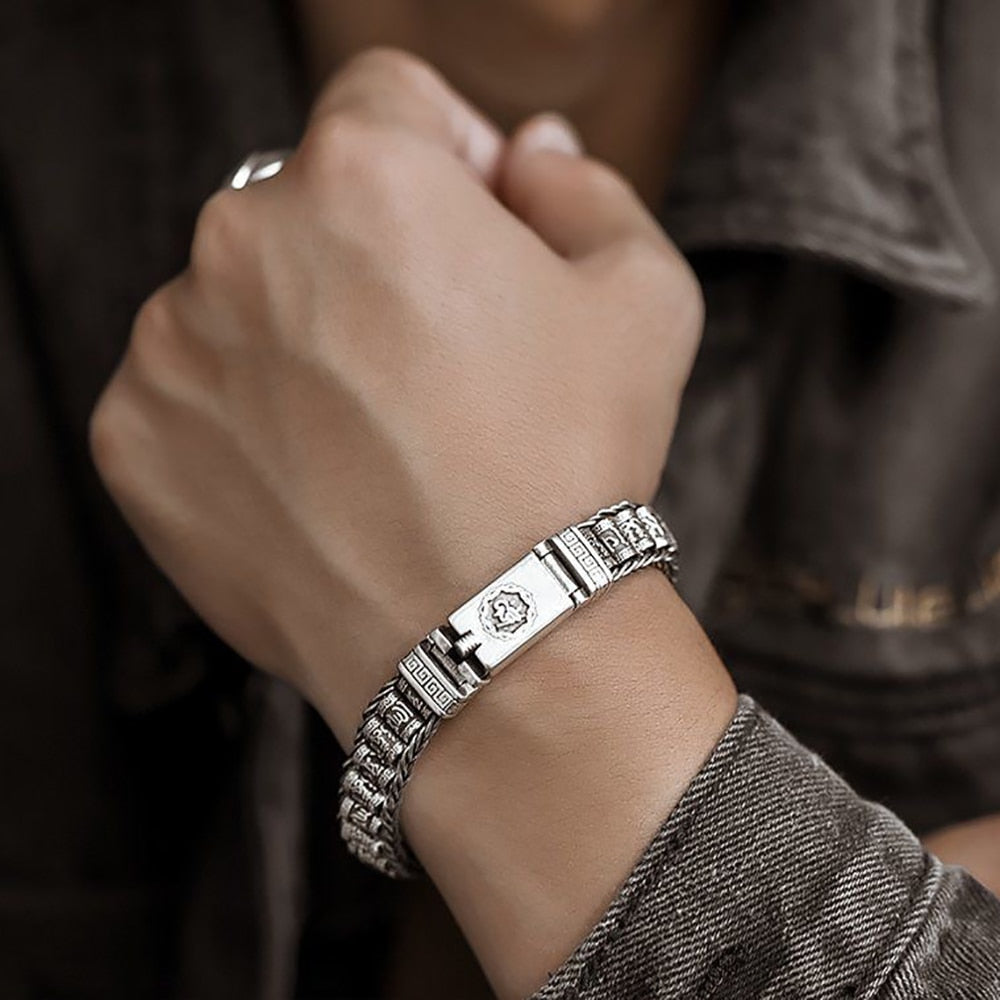

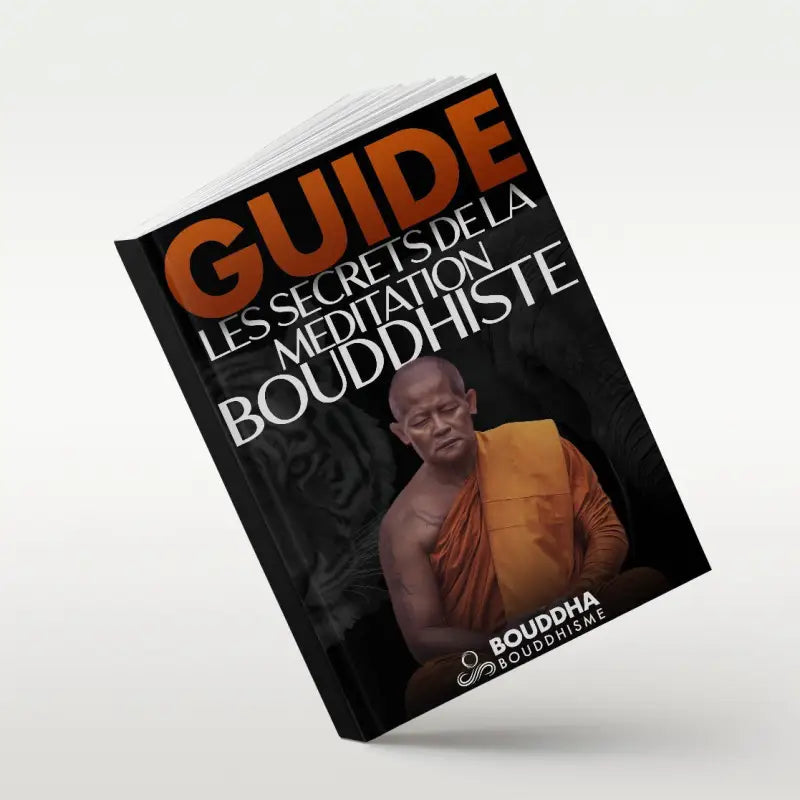
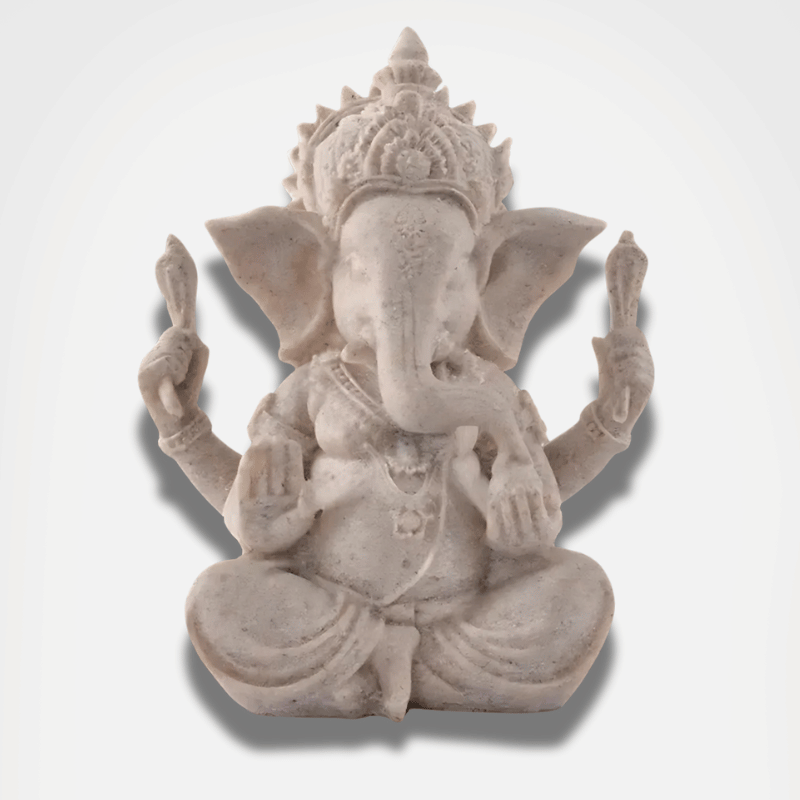
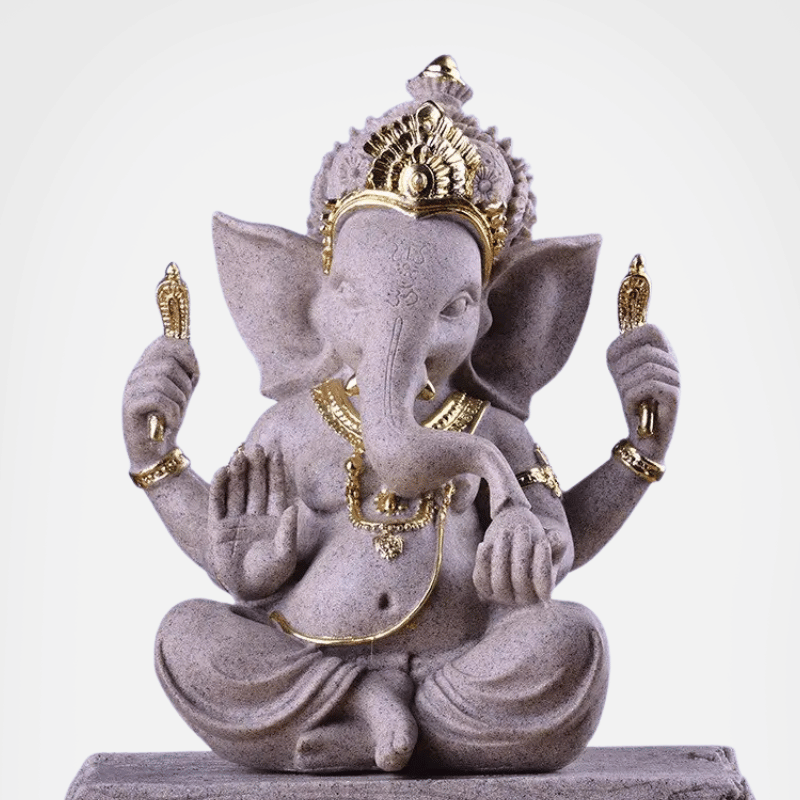
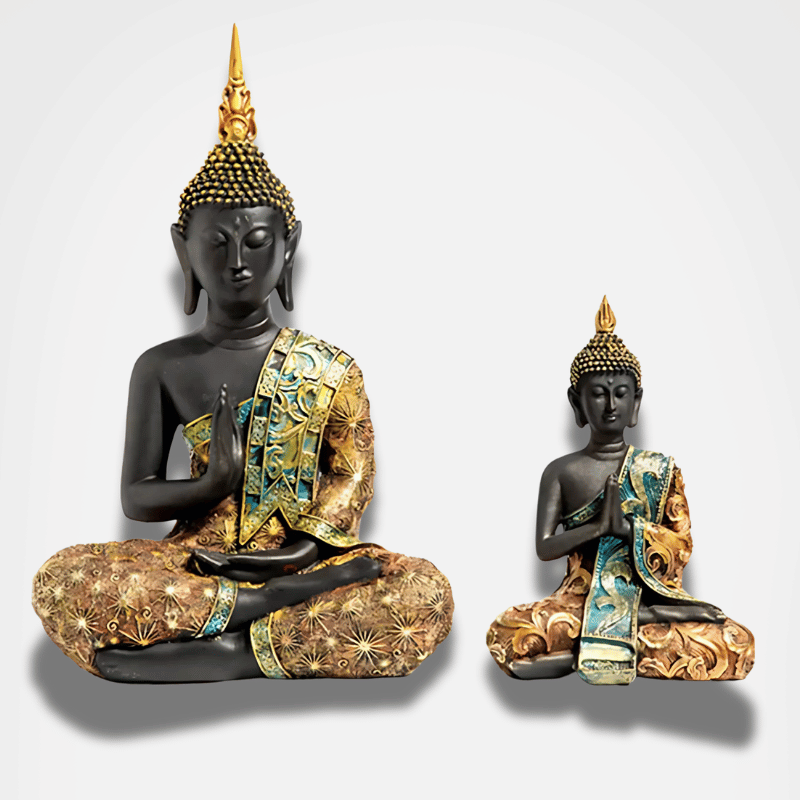
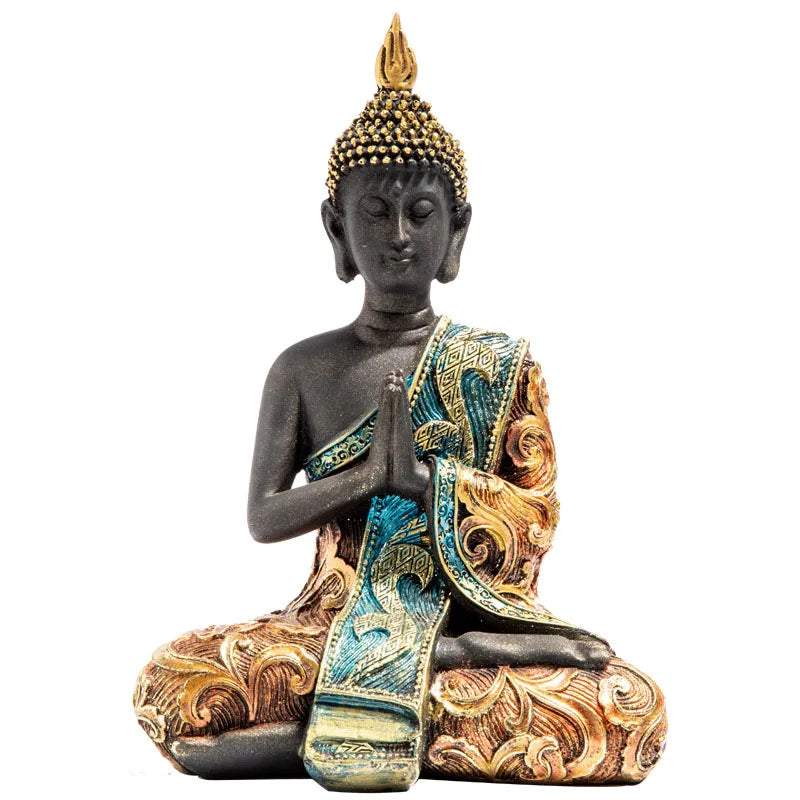
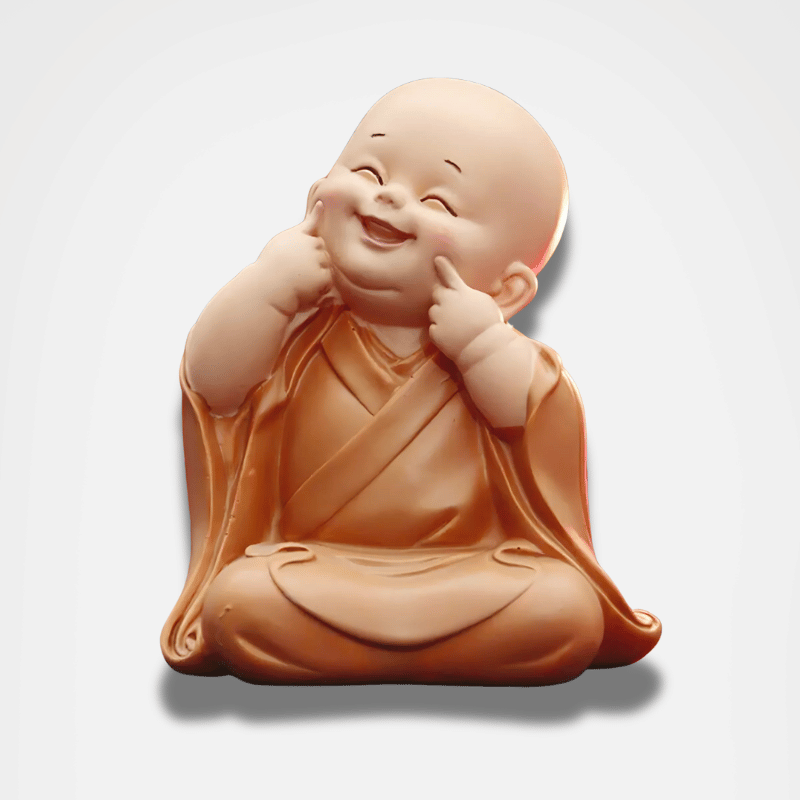

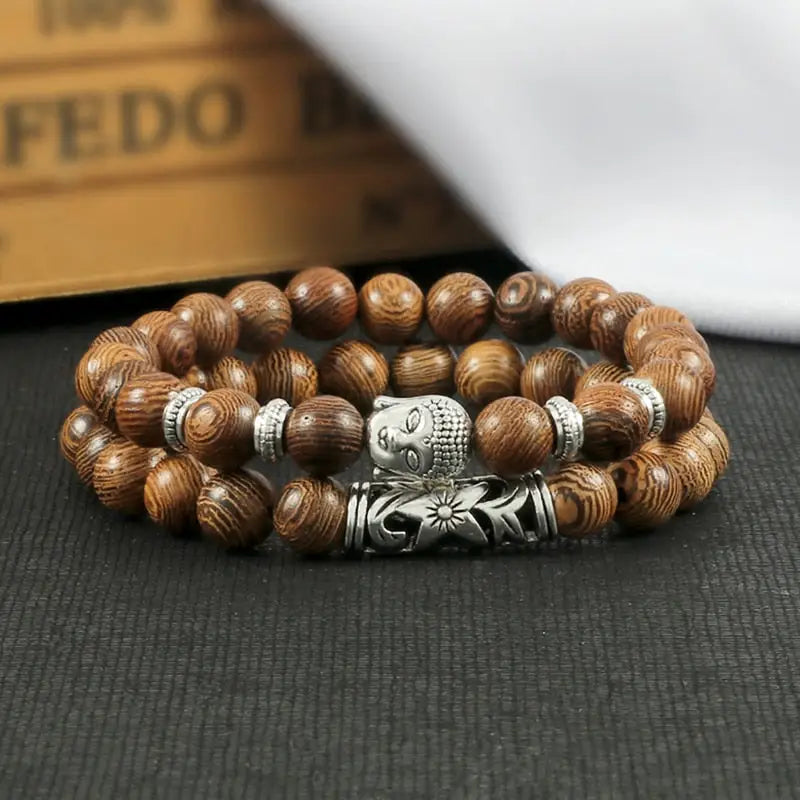
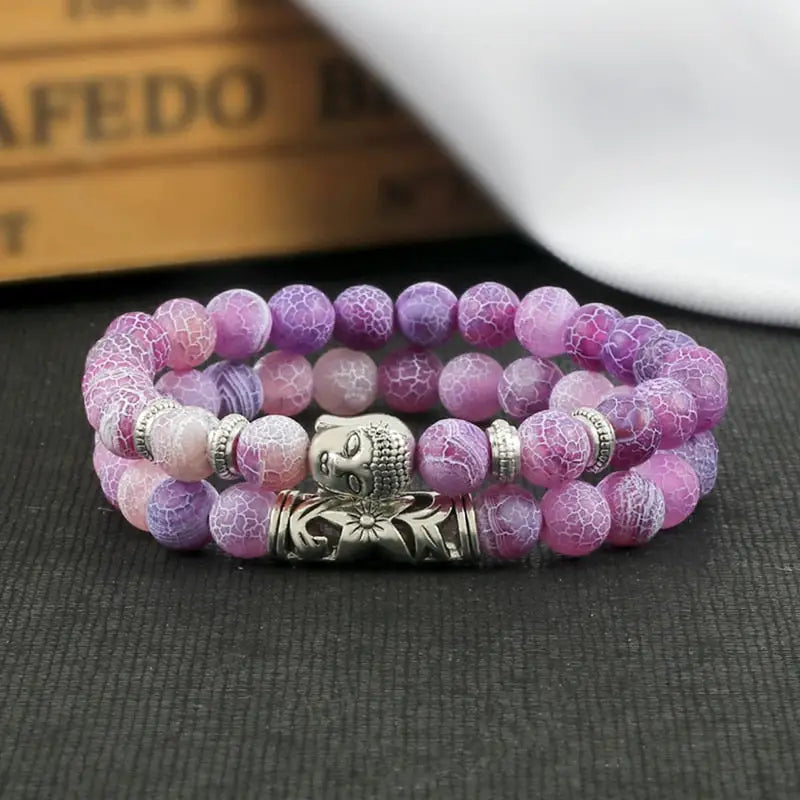
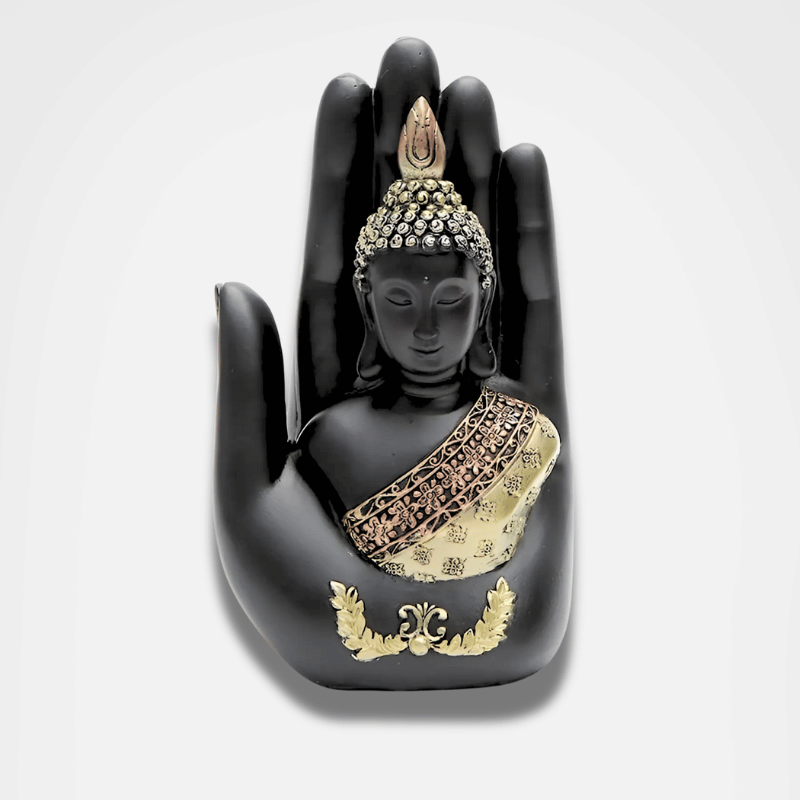
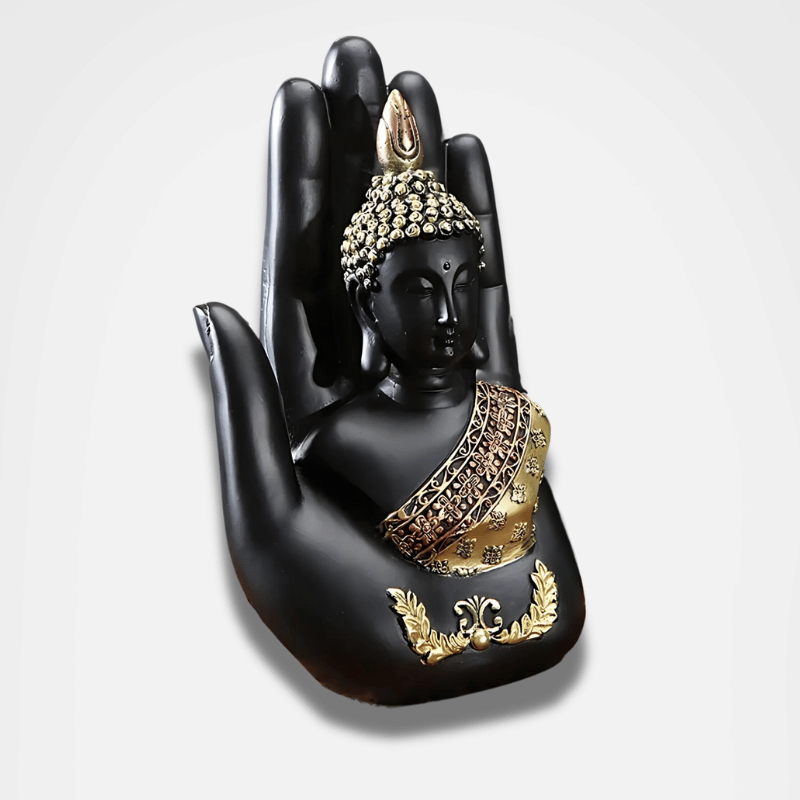
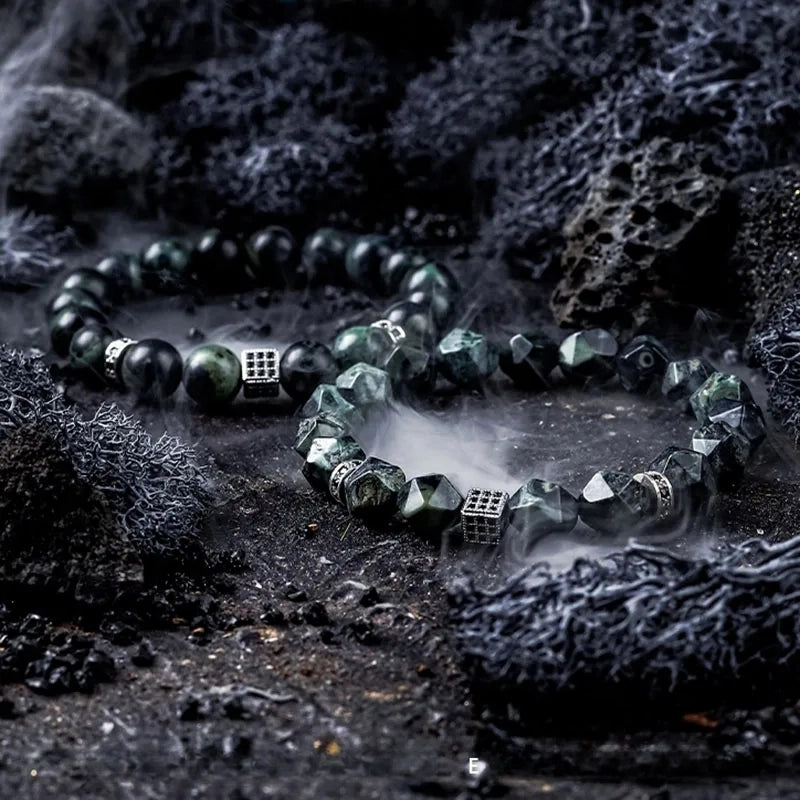


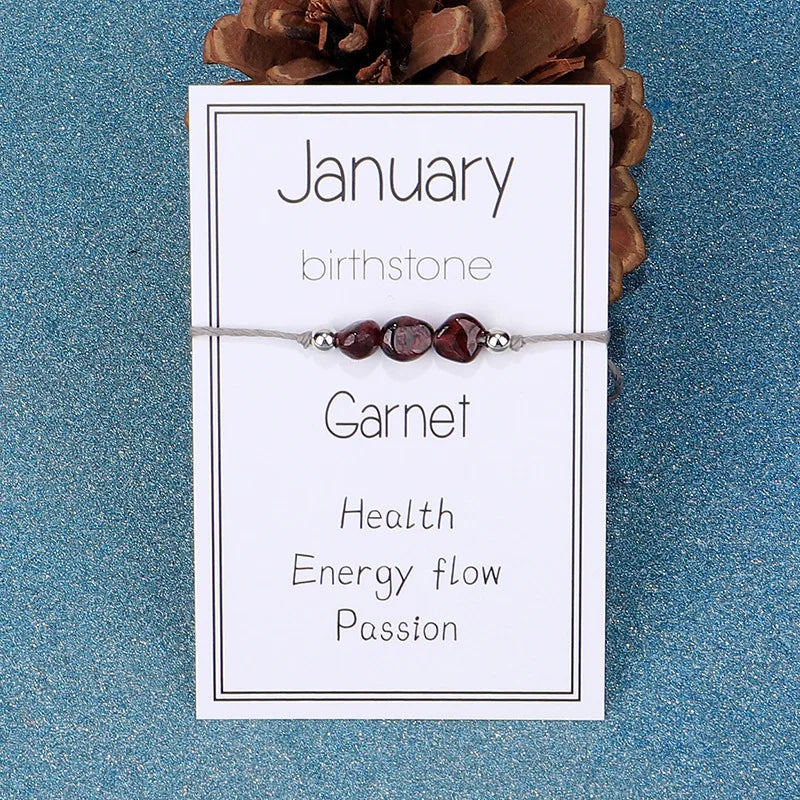

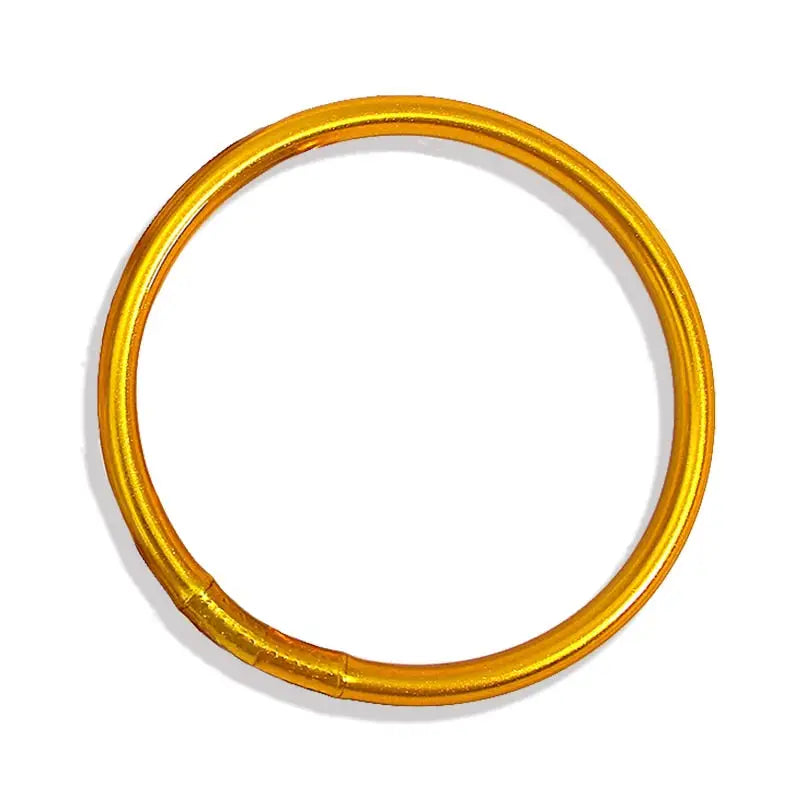
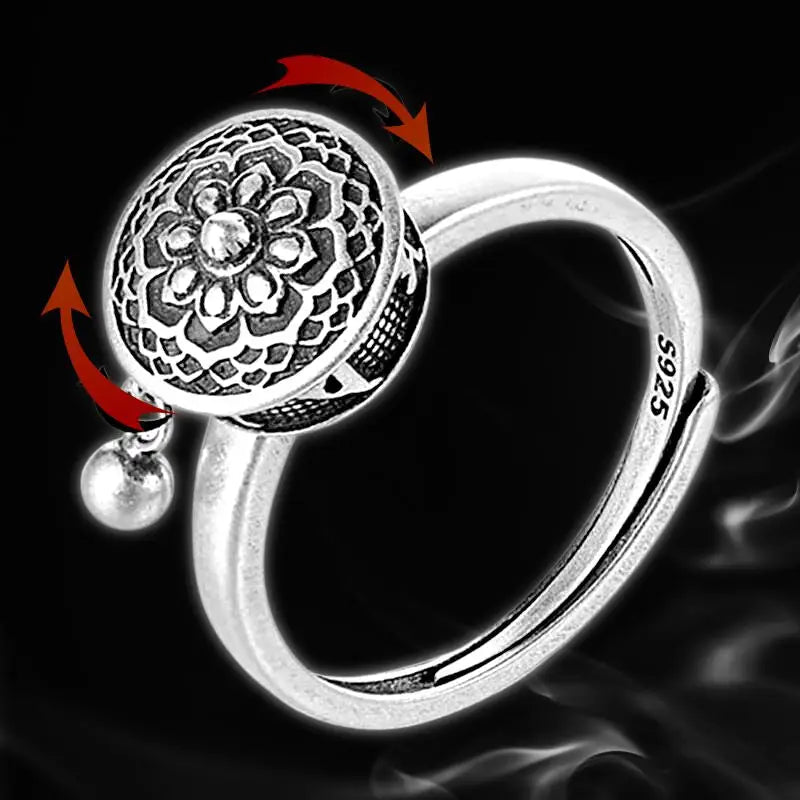
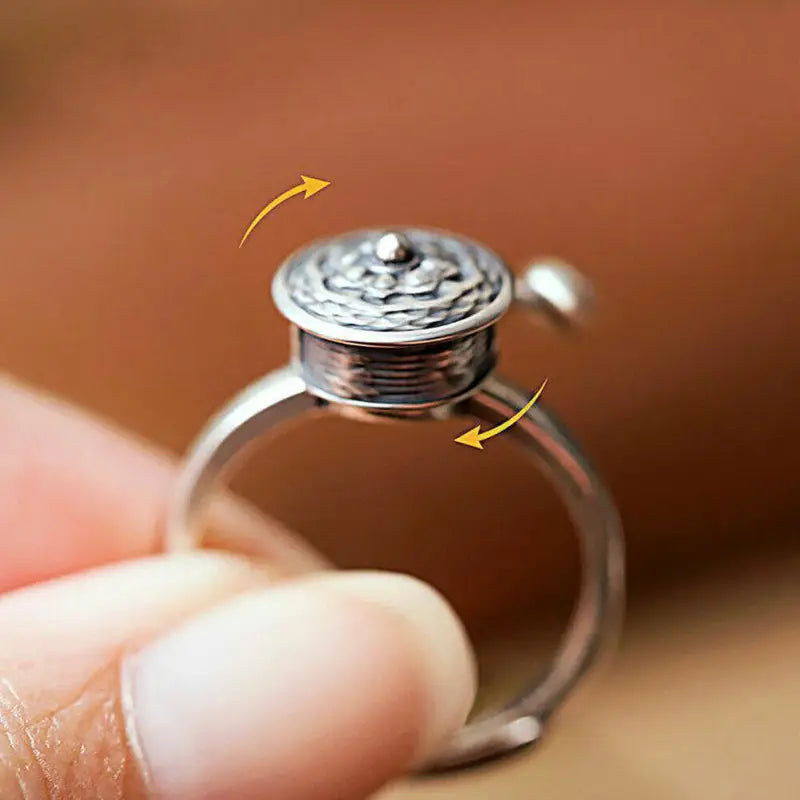

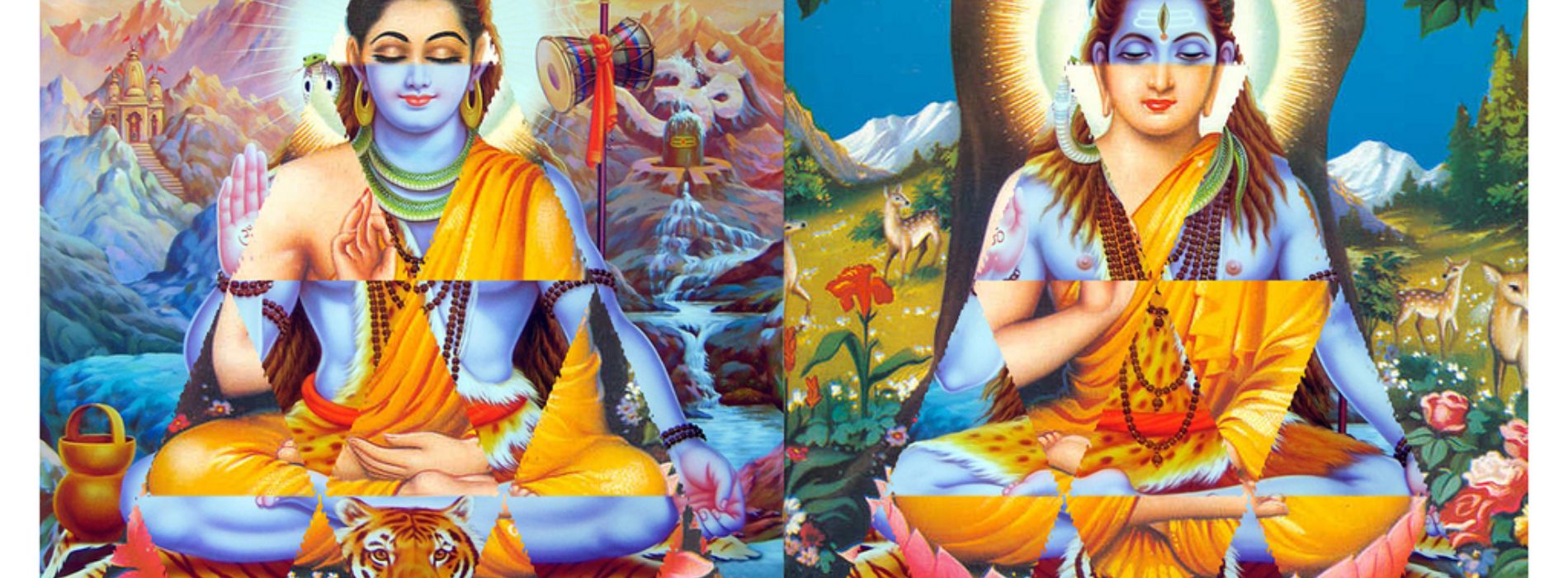
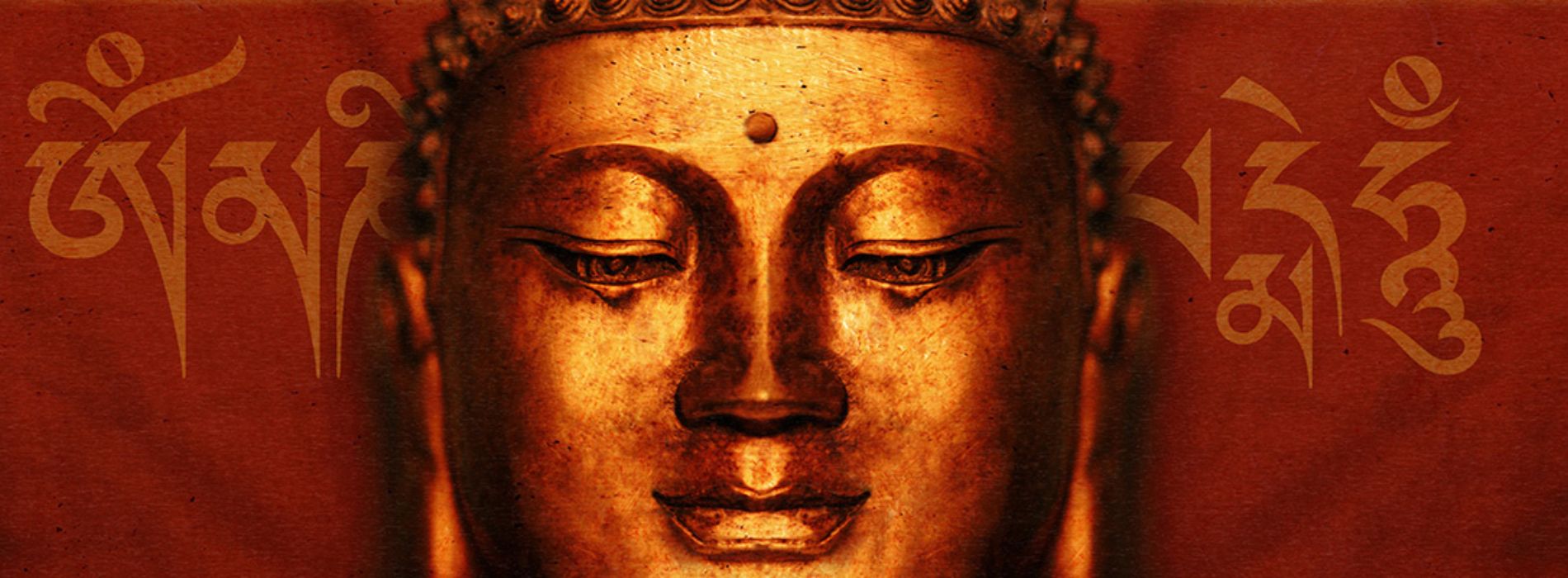



1 comment
allo
c’est beau